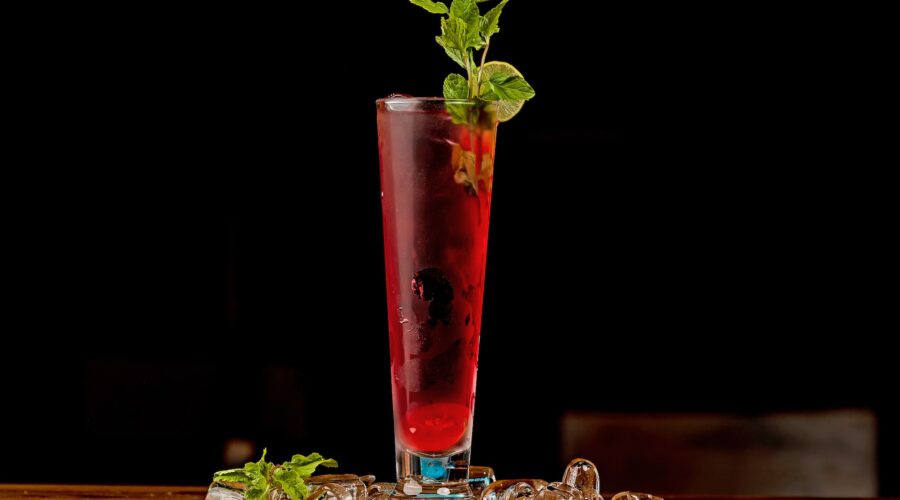People are drinking less than ever. According to a 2021 Gallup poll, 60% of Americans say they drink. That’s down from 65% in 2019. While that number might not seem all that staggering, it’s an interesting phenomenon when you consider that alcohol consumption has been popular throughout history, and a prominent part of our culture.
Many people believe the cause for this decline in alcohol consumption is the sober curious movement – people who are either drastically reducing their alcohol consumption or giving it up entirely. Whether it’s for religious purposes, health reasons, or just to experience greater clarity, people have stopped drinking alcohol for a variety of personal reasons. As a result, the sober curious movement is shaping our society. People’s attitude toward alcohol is shifting, and so is the overall demand.
Let’s take a closer look at the ins and outs of this movement, and how it’s influencing the changing depictions of alcohol and sobriety in our culture.
Why Are More People Going Sober?
The sober curious movement started around 2012, though it didn’t immediately take off. It was originally thought of as an extension of “Dry January” – a challenge that asked people to give up alcohol for a month to start the new year. That timing, combined with the impact of social media trends and challenges, caused the movement to gain a lot of traction.
As more people got involved with Dry January, they started experiencing the benefits of an alcohol-free lifestyle, including things like:
- Better sleep
- Improved gut health
- Improved memory
- Better mood
- Better skin health
The movement caused others to take a closer look at their relationship with alcohol. It’s been an important part of our society for centuries. You’ll be hard-pressed to go to any kind of party or social gathering where alcohol isn’t involved in some way.
However, that integration has caused people to drink because of social norms without really thinking about why. As people focus more on mindfulness and finding a reason for their consumption choices, they’re less likely to reach for something they know could have negative consequences.
More Than Just a Trend
Living without alcohol isn’t just a social media trend. While there are now plenty of challenges like Dry January, including Sober October and Dry July, this movement has opened many people’s eyes to the lasting effects of alcohol on the body.
Being sober curious isn’t just about challenging yourself to stay away from alcohol. Rather, it’s a great preventative practice that can keep your mind and body healthier. Drinking impacts everything from your nervous system to your sexual and reproductive health. As more information becomes widely available and the long-term effects of drinking, it’s no wonder why so many people are turning away from it. It’s a form of self-care, and a way of being compassionate and kind to yourself.
While you might think older generations would be the ones largely on board with the movement, it’s Millennials and Gen Z who are leading the charge. These generations are largely focused on their health and well-being. One 2021 survey found that 28% of Millennials cited health care and disease prevention as their top concern. While maintaining a healthy diet, exercising, and practising self-care are all necessary to remain in good health, cutting out alcohol is just another proactive way to boost your body’s overall strength and reduce your risk of developing a serious illness.
The Future of the Movement
The sober curious movement has seen consistent growth in recent years. In 2020, 12% of people reported themselves as sober curious, compared to 19% today.
That’s a number that’s likely to continue to grow as more people focus on health and wellness. Social media will play a big role in that growth, raising awareness of the negative impact alcohol can have on one’s life.
Because the movement isn’t going anywhere, businesses should expect to adjust their offerings and marketing techniques to meet the needs of a growing sober population. That might include things like:
- Alcohol-free wedding packages
- More non-alcoholic retail drink options
- Restaurants expanding their mocktail menus
The use of alcohol in the media will also need to change, especially when it comes to movies, shows, and music that caters to Millennials and Gen Zers. As cliche as it might sound, alcohol isn’t considered “cool” anymore by a large percentage of those generations, and while it seems like it’s the first time in history for that to happen, it could completely change the way we view drinking in the future.
While the sober curious movement might be bad for breweries and liquor stores, it’s likely that we will continue to see forward momentum as today’s younger generations pass along their values and health-conscious views.
Image: Anil Sharma

